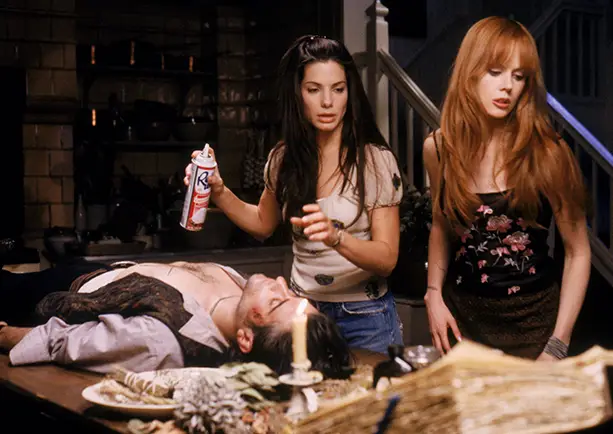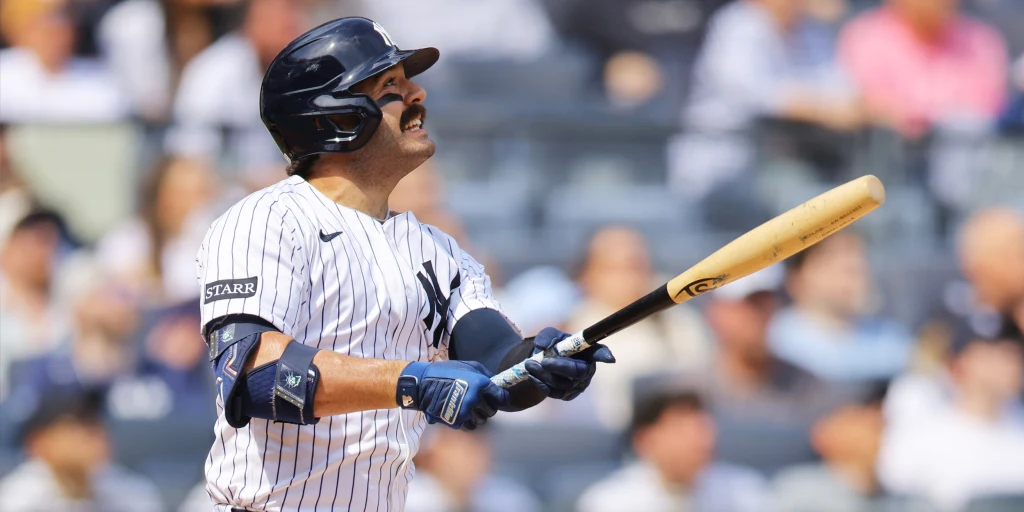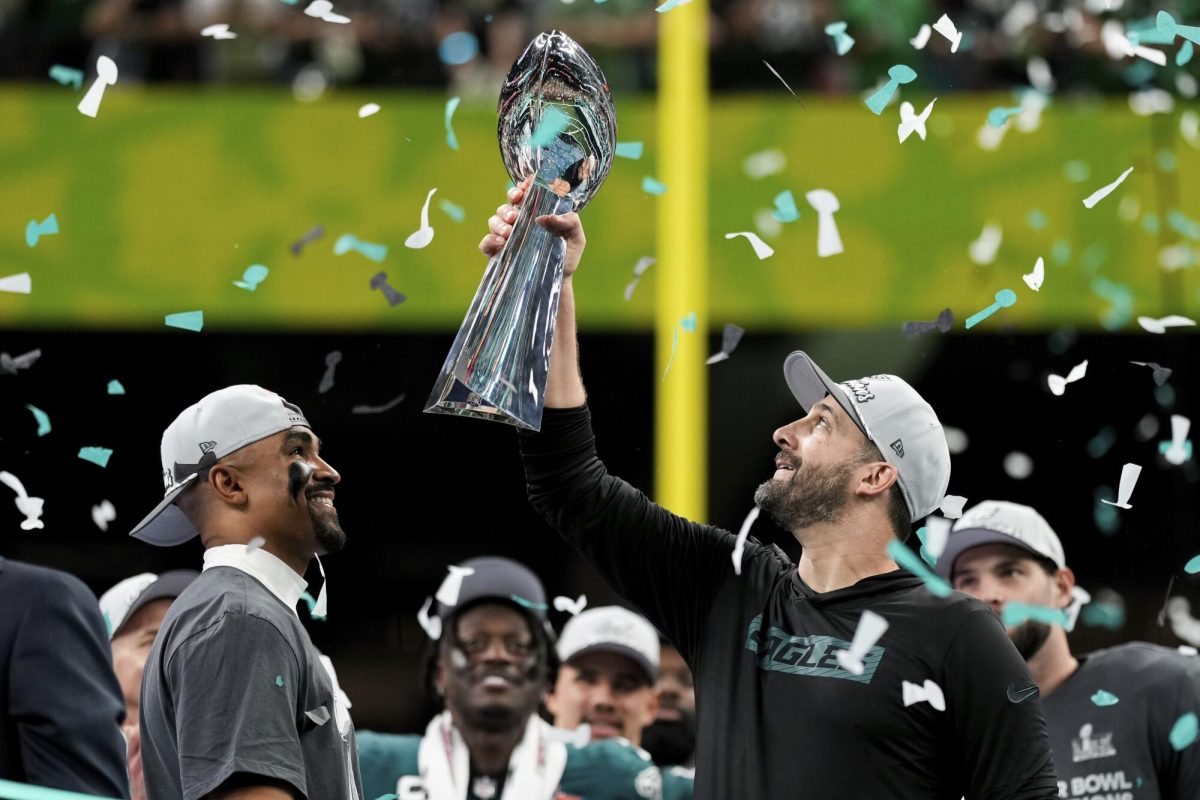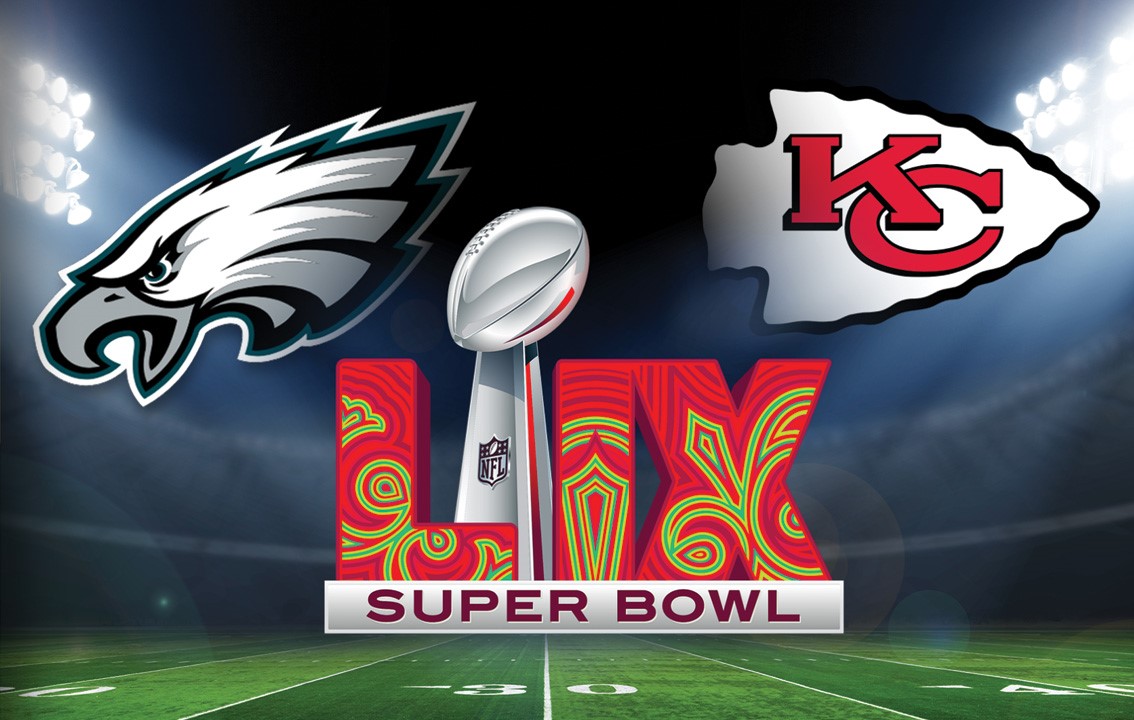The stage is set for the 2025 World Series, with the American League Champion Toronto Blue Jays taking on the defending champion Los Angeles Dodgers. But this matchup could mean more for the future of baseball than any fall classic in recent memory.
The Los Angeles Dodgers are coming into the World Series fresh off of a dominant four-game sweep of the Milwaukee Brewers in the National League Championship Series (NLCS). What originally looked like an exciting rematch of the 2018 NLCS quickly turned into a broader conversation about salaries and the possibility of a lockout in 2027 across the baseball world.
Major League Baseball (MLB) is the only major professional sports league in North America without a salary cap. Instead, MLB has a luxury tax which penalizes teams for exceeding a payroll of $241 million. However, many wealthy owners are willing to pay the tax in order to maintain a star-studded roster. In turn, this system creates a significant disparity in payrolls across the league.
The Dodgers’ payroll for 2025 is $350 million, while the Brewers’ is $121 million– a $229 million difference. Every off season, Los Angeles seems to sign the biggest free agents to large contracts, building what many call a “superteam” with the highest payroll in baseball. Meanwhile, Milwaukee, a small-market team, continues to spend conservatively and keeps its payroll in the bottom half of the league.
The Dodgers dismantling the Brewers has led many baseball owners to believe that the sport is becoming “pay to win,” meaning the more a team spends, the better it performs. This belief is supported by the fact that half of the 2025 playoff teams had the top 10 payrolls in the league.
With the gap between the league’s richest and poorest teams continuing to grow, frustration among owners has begun to boil over. An anonymous president of a mid-market team voiced his frustration, saying, “We try to do everything right. We draft well. We develop well. And then we get the shit kicked out of us by clubs that buy their players.”
He later added that it feels like the game is rigged. Many believe the only solution to this problem is to implement a salary cap. Following the 2026 season, the Collective Bargaining Agreement (CBA) between MLB and the MLB Players’ Association (MLBPA) is set to expire; unless an agreement is reached and signed before the Dec. 1, 2026 deadline, we could experience another MLB lockout.
An MLB lockout is a work stoppage by team owners who halt all activity until a new agreement is reached with the players union.
If the Dodgers go on to win their second consecutive World Series, the calls for a salary cap will only intensify. A back-to-back championship by the league’s wealthiest team would serve as proof in the eyes of many owners that money buys championships. This could become the final push that drives owners to demand financial reforms in the next CBA negotiations.
However, while owners push to create a “fairer” system through a salary cap, the players’ union would oppose it. Limiting payrolls would directly cap player potential earnings, something the MLBPA has fought against for decades. The disagreement between these two sides could easily trigger a full lockout following the 2026 season– one larger and likely longer than those in years past.
While an argument for a salary cap is likely to happen during the CBA meetings either way, a Blue Jays World Series win would make it more difficult to justify. The Blue Jays do have a top-ten payroll in the league, but it is still significantly lower than the Dodgers. If Toronto can pull off the upset, it could show that spending isn’t the only path to success, that player development and chemistry can be more valuable. However, if the Dodgers successfully defend their championship, it could serve as the breaking point, pushing MLB toward one of the most important CBA battles in its history.













